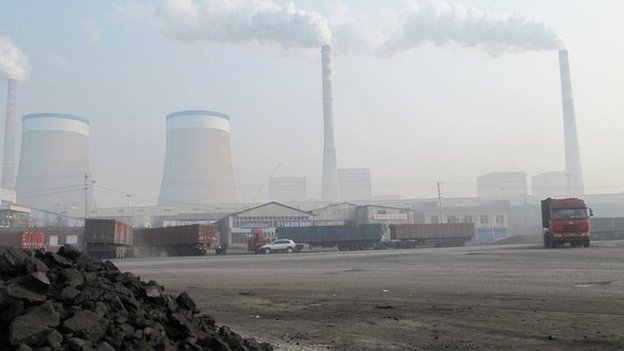According to the International Energy Agency (IEA), the world’s emissions of carbon dioxide from the energy sector stalled in 2014 for the first time in 40 years. There was a reduction in the green has emissions that was not connected to an economic slowdown. IEA Chief Economist, Fatih Birol, commented on this surprising development that “this gives me even more hope that humankind will be able to work together to combat climate change, the most important threat facing us today”. Mr Birol was recently appointed to succeed Maria van der Hoeven as the new IEA Executive Director.
In 2014, the world’s emissions of CO2 stood at 32.3 billion tons, which is the same as in 2013. The preliminary IEA data hints that the efforts to mitigate environmental changes might be having a more pronounced impact on the reduction of the emissions than had been previously thought. According to the agency, the stall in emissions growth can be attributed to the changing patterns of energy consumption in OECD countries and in China. In the latter, 2014 saw more electricity coming from renewable sources, such as solar, wind, hydropower and reduction in coal burning. In OECD economies, the latest efforts to promote greater energy efficiency, greener energy sources, and sustainability have yielded the desired effect of dismantling the positive correlation between greenhouse gas emissions and economic growth.
Mr Birol thinks that these developments are “a very welcome surprise and a significant one”. “It provides much-needed momentum to negotiators preparing to forge a global climate deal in Paris in December: for the first time, greenhouse gas emissions are decoupling from economic growth,” he added. The IEA has been collecting the data on global carbon dioxide emissions for 40 years and there have been only few periods during this period when emissions stood still or even dropped compared with the previous year. However, 2014 stall is significant as it is characterized by greenhouse gas emissions decoupling from economic growth.




